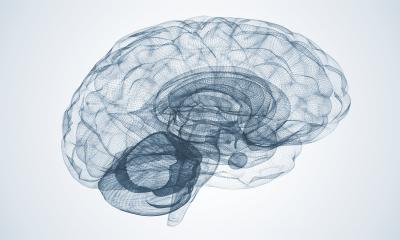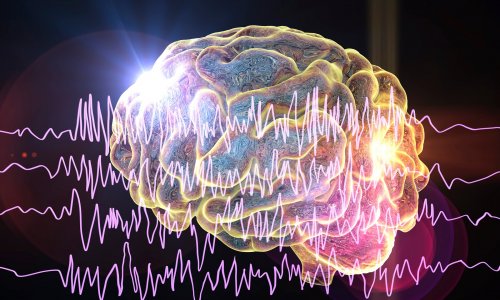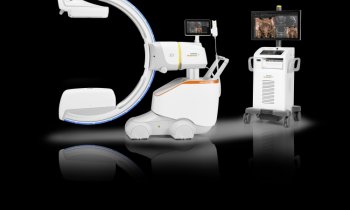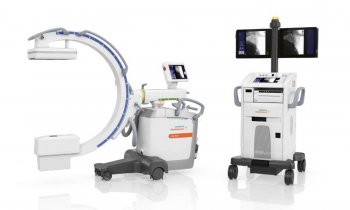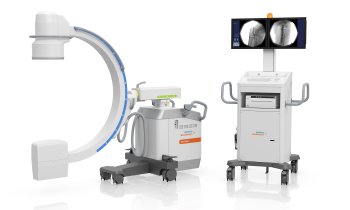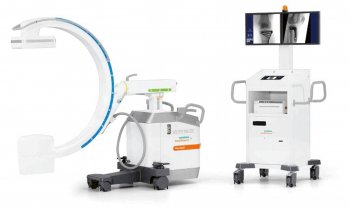News • Mysterious blackout
What happens when we lose consciousness during anaesthesia?
The first successful surgery under anaesthesia occurred in the 1840s. Since then—more than 170 years later—people have been developing theories about what might be going on in the brain while a person is unconscious. And many mysteries remain.
Despite thousands of surgeries taking place each day in the United States, researchers still don’t understand exactly which specific areas of the brain are responsible for transitioning into unconsciousness and back. “Millions of individuals are exposed to general anaesthetics each year, but the diverse mechanisms by which anaesthetic drugs act to produce their unconscious effects remain incompletely understood,” said Max B. Kelz, MD, PhD, an associate professor of Anaesthesiology and Critical Care. “While the development of anaesthetic drugs is hailed as one of the greatest discoveries, it leads us to ask one of the greatest philosophical questions that we’re still trying to understand—how and why are we conscious and what do general anaesthetics do to produce unconsciousness?”
Anaesthetic drugs work with all living things—from Venus flytraps to humans. It’s almost a definition of being alive, that we can be anaesthetized into a reversible coma-like state
Max B. Kelz
Researchers understand that consciousness does not reside in any one part of the brain —such as the hippocampus and its association with memory. However, ongoing research is looking to find the specific areas of the brain affected by anesthetics and how brains can go “offline” and subsequently come back “online” during a transition on and off anaesthesia. “Anaesthetic drugs work with all living things—from Venus flytraps to humans. It’s almost a definition of being alive, that we can be anaesthetized into a reversible coma-like state,” Kelz said. “But the facts surrounding how people enter and exit states of anesthesia is still a mystery.”
While falling asleep in bed at night and being “put to sleep” under general anaesthesia aren’t the same thing, they do share some similarities. Kelz's research probes deep into the workings of anaesthesia, how it works to cause a loss of consciousness, and its relationship to sleep.
For the past 15 years, Kelz and his team have been looking into the undiscovered neurobiology for how the brain climbs out of the anaesthetic abyss. Prevailing wisdom suggested that the process of induction was similar to a submarine which can take you down into the deeper areas of the ocean—and into deeper states of unconsciousness. To come back up, one would assume you need to come back through those same depth levels. But recent studies are showing that emerging back into consciousness doesn’t follow the same linear path it took to become unconscious.
Kelz is trying to figure out how exactly the human brain comes back to consciousness and if there is a standardized rebooting sequence, like a computer with an operating system that reboots in one particular order. One of Kelz’s ongoing projects is studying exactly this – how human brains come out of an anaesthetically-induced unconscious state. The hypothesis is that primitive functions come back ongoing before more complex functions such as reaction time, memory, and judgement. But so far, it seems this isn’t the case. There are also no correlations between deep anaesthetics—how long someone is “under”—and the amount of time it takes to regain consciousness. “The human brain has billions of neurons, so I don’t think it will be possible to fully understand the human brain in my lifetime,” said Alexander Proekt, MD, PhD, an assistant professor of Anaesthesiology and Critical Care. Kelz and Proekt are part of a Penn’s Center for the Neuroscience of Unconsciousness and Reanimation Research Alliance (NEURRAL), driving research on the unconscious mind and the mechanisms behind states of anaesthesia and wakefulness.
Proekt’s work to better understand the brain and consciousness involves studying “simpler” systems, such as artificial intelligence. One of Proekt’s many projects is focused on how neuro networks can learn to play video games, such as Pong and Space Invaders, in order to better understand how the brain works. When it comes to the biology of the mind and consciousness, mysteries abound. But these two are hard at work, aiming to unlock the black box that is the unconscious mind.
Source: Perelman School of Medicine at the University of Pennsylvania
12.10.2018



